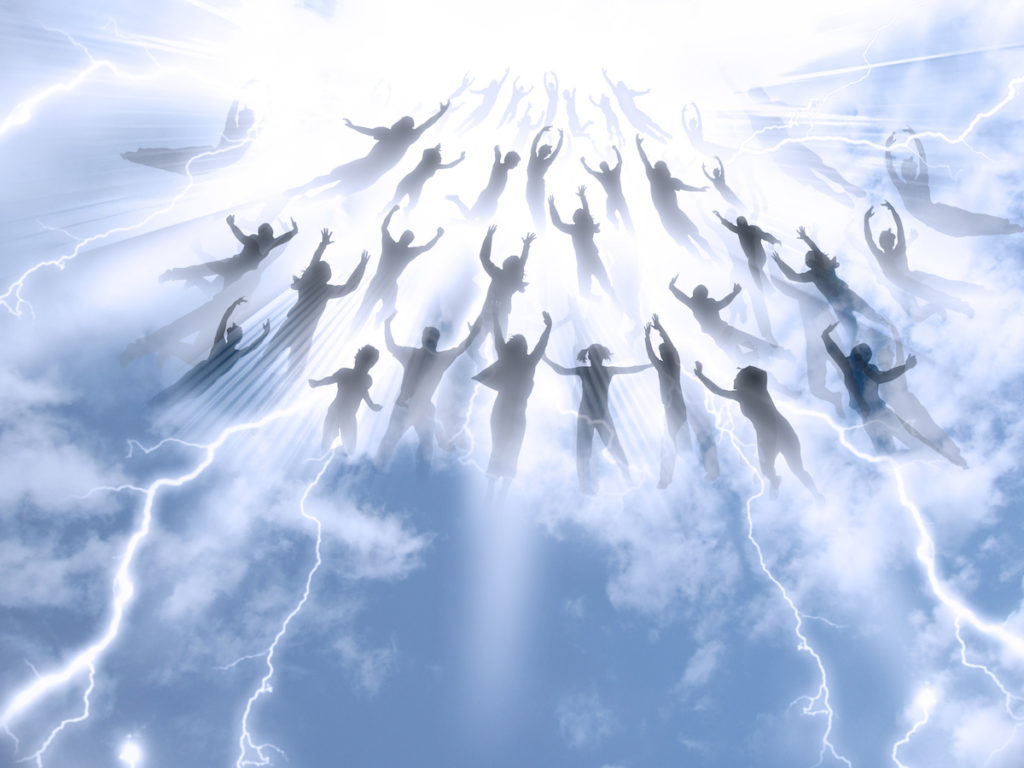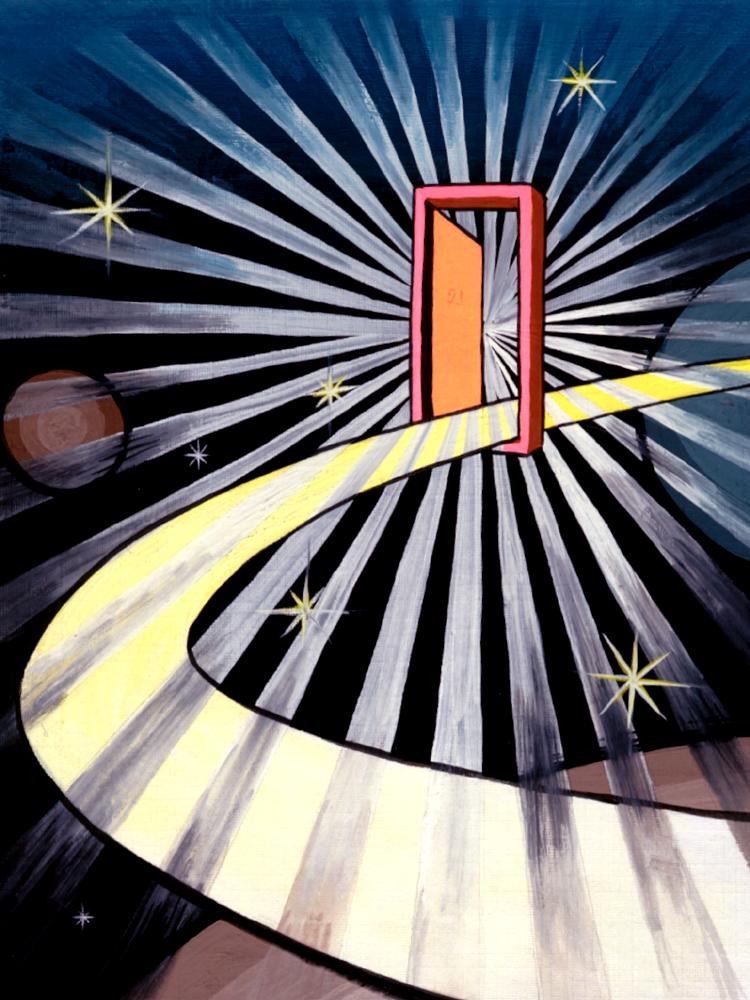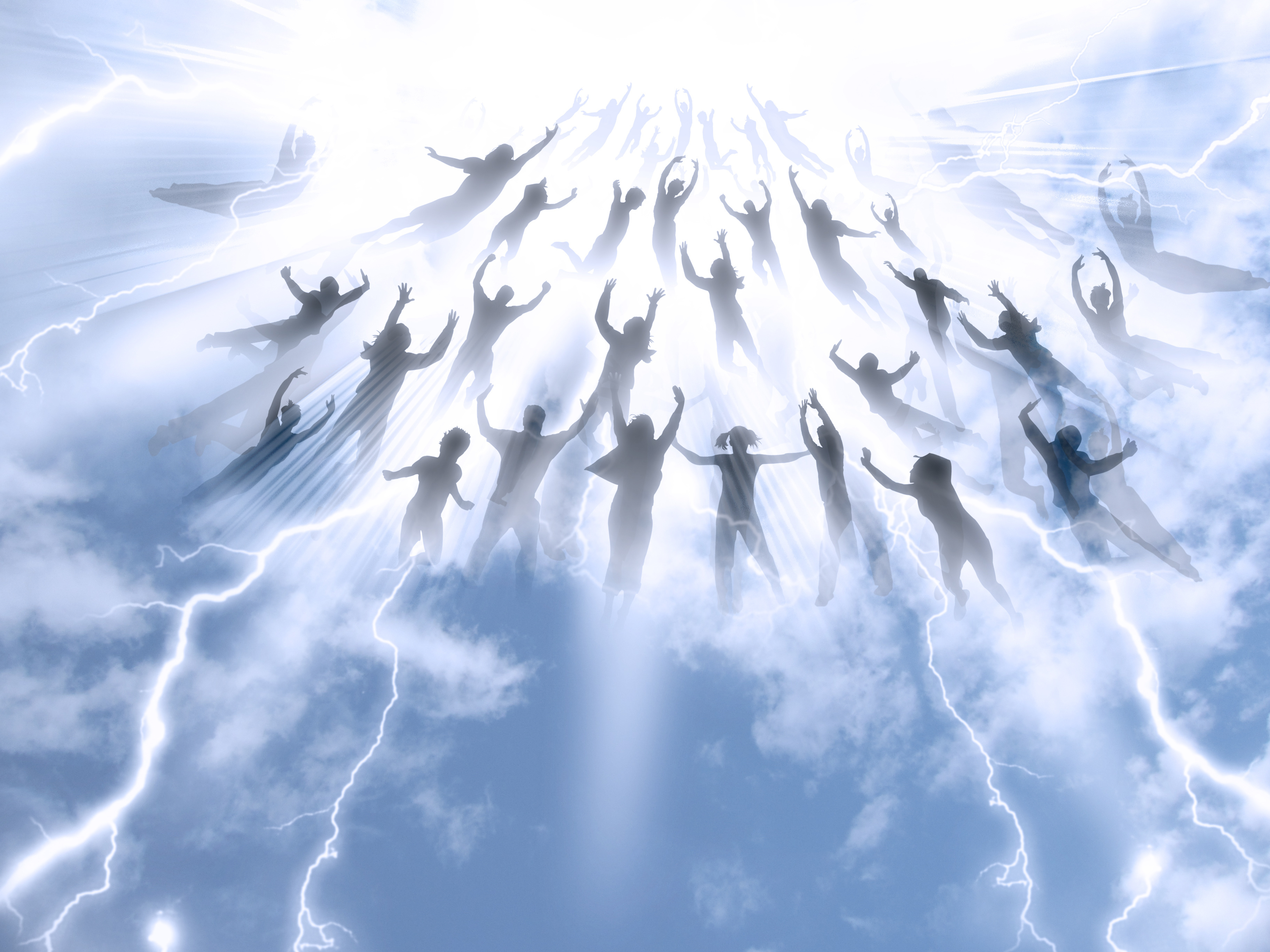1 Corinthians 15

The resurrection of the dead is a biblical truth that stretches like a line from the beginning to the end the Bible. It is this glorious hope to which the Bible believing saint in faith clings as he or she traverses the wilderness of this life. It is this promise from on high, the saint’s cherished inheritance, our spiritual reward and Promised Land to which each child of Elohim looks that draws us forward in our spiritual journey day-by-day. The following is a list of Scriptures from the Word of Elohim that proves the hope of the resurrection of the dead is not a vain or empty one, but a reality for those who believe in and trust the promises of the Bible.
Genesis 3:2–3, The question of what happens in the afterlife goes back to the very beginning of man’s tenure on this earth as we can see from Eve’s discussion with the serpent. Out of fear of death, Adam and Eve chose not to eat of the tree of knowledge until the serpent tricked them to disobey YHVH and eat of it. The serpent lied to them by telling them that they could have immortal life and still violate Elohim’s commandments. Most men have believed this lie to this day.
Job 14:12–15, Job is likely the oldest book in the Bible, and we see that from early times until now, man has had a perennial interest in the afterlife. Job wonders what his fate will be when he dies. Will he die and that’s all there is, or is there an afterlife?
Job 19:25–27, Job came to a place in his life where he obtained a faith about his fate in the afterlife. He knew that it hinged on his faith in his Redeemer. Biblically speaking, what was the mission of the Redeemer (i.e. Yeshua the Messiah)? It was to redeem man from the sting of death brought on by sin.
Psalm 16:9–10, Though this is usually viewed as a messianic prophecy, it isn’t confined to this interpretation. Who are YHVH’s holy, kadosh or set apart ones? The Messiah fits this category, of course, but so also do YHVH’s saints. As the apostolic writers teach us, as Yeshua died and rose again, so the saints who are in Yeshua will die and rise again.
Psalm 17:15, The term “awake” as in “awake from the sleep of death” is a Hebraism referring to the resurrection. David knew that YHVH created man in his own image for a purpose. If so, then why? It’s deductive reasoning. The creation of man wasn’t a pointless, dead-end endeavor on the Creator’s part. David knew the heart and character of YHVH well enough to know that Elohim had a higher purpose for man than just to live and then to die off. David also knew that man could have his perennial yearning for immortal life satisfied by the fact that man was created in YHVH’s image for a reason and that the reality of this fact would satisfy man’s deepest yearning for immortality.
Continue reading




